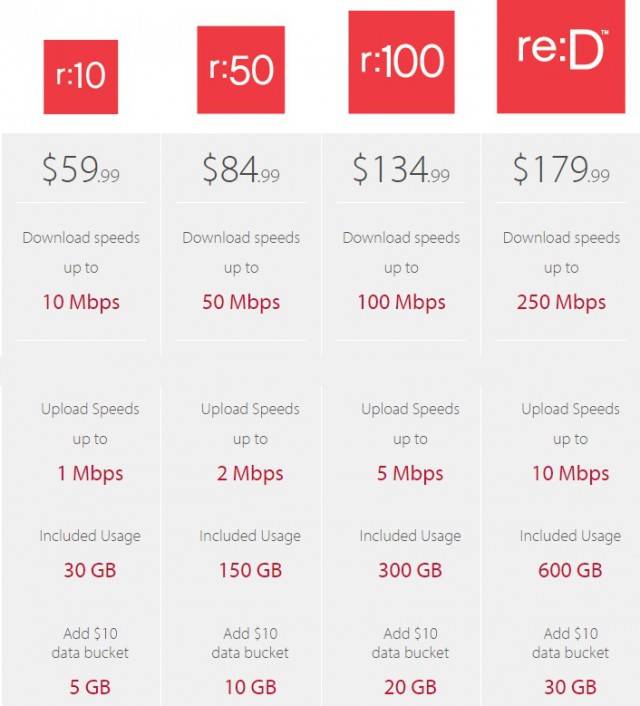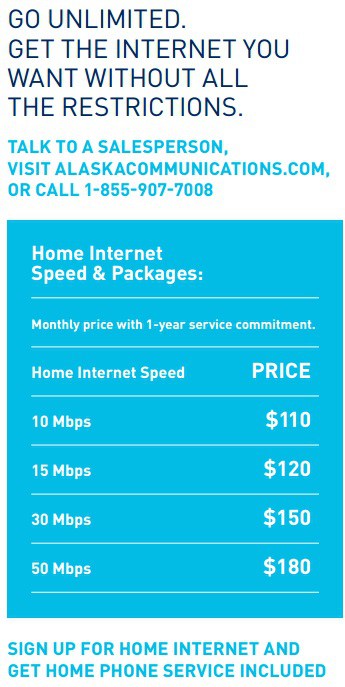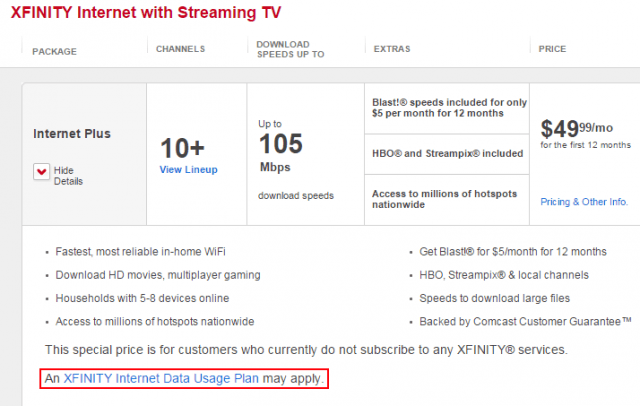
Ohio Gov. John Kasich is threatening to veto the state’s Agriculture Bill if it reaches his desk with telecom deregulation inserted as an amendment.
AT&T’s lobbyists in Ohio have convinced state legislators to ignore a veto threat from the governor’s office and insert a deregulation amendment into an unrelated water quality and agriculture measure.
Retiring House Speaker Bill Batchelder (R-Medina) is shepherding AT&T’s latest attempt at total deregulation through the Ohio House of Representatives, claiming it will break down barriers for businesses in Ohio and give new businesses the infrastructure they need to make Ohio their home. Among Batchelder’s top donors is AT&T.
Critics contend the measure will disconnect up to 5% of rural Ohio from all telephone service because they live in “no signal bar” areas of the state.
The amendment, inserted into HB490 (at Sec. 4905.71), would end AT&T’s requirement to serve as a Provider of Last Resort, which has guaranteed that every Ohio resident seeking telephone service has had it for nearly 100 years. If the measure passes, AT&T can unilaterally disconnect service and leave unprofitable service areas, mostly in rural and poor sections of the state. Current Ohio law only permits a telephone company to end service if it can prove financial hardship and show that reasonable alternatives are available to affected residents. AT&T earned $128.75 billion in revenue in 2013 and is unlikely to meet any hardship test.
Although AT&T is unlikely to stop service in suburban and urban areas, ratepayers across the state would lose oversight protections from lengthy service outages, unreasonable billing standards and credit requirements, the ability to quickly connect or disconnect service and access to important low-income programs like Lifeline. Rural customers could be forced away from traditional landline and DSL service in favor of AT&T’s wireless network, which costs considerably more.
Current AT&T customers in Ohio can subscribe to landline service for around $20 a month in rural areas and broadband DSL for as little as $15 per month. AT&T’s wireless alternative costs $20 a month for voice service and at least $60 a month for wireless broadband (with a usage cap of 10GB per month and an overlimit fee of $10 per gigabyte). An average landline customer consuming 20GB of data would pay $35 a month for both voice and data services. The same customer using AT&T’s wireless voice and data alternative would pay $180 a month, mostly in overlimit penalties.
AT&T’s lobbying has riled Ohio’s Republican governor, John Kasich, who has threatened to veto any agriculture bill that reaches his desk with telephone deregulation attached.
 “The telecommunications language will force the governor to veto this bill, as he has personally said and has also been repeated several times by other members of the administration,” Jim Zehringer, director of the Ohio Department of Natural Resources told the Ohio Senate’s Agriculture Committee during an informal hearing on the legislation. “We would be sacrificing all the great work done so far on this bill if these provisions are not removed.”
“The telecommunications language will force the governor to veto this bill, as he has personally said and has also been repeated several times by other members of the administration,” Jim Zehringer, director of the Ohio Department of Natural Resources told the Ohio Senate’s Agriculture Committee during an informal hearing on the legislation. “We would be sacrificing all the great work done so far on this bill if these provisions are not removed.”
The AARP is concerned the measure will not only hurt rural Ohio, but elderly and poor residents who cannot afford wireless service.
“They will only have wireless telephone service with no price controls or guarantees for low-income Ohioans in these areas,” AARP Ohio wrote in a released statement about the proposal. “Additionally, there are areas of Ohio where wireless service is minimal, and to provide the speed needed for those receiving tele-health services in those areas will be even more expensive.”
Interested Ohio residents can share their feelings with their state legislators and the governor’s office.
- Locate your Ohio House Representative: http://www.ohiohouse.gov/ or call 1-800-282-0253 and ask to be connected to your local representative.
- Governor John Kasich’s Office Phone: (614) 466-3555
 The cable company that used to make you think twice about every online video you watch doesn’t want you to think about that anymore.
The cable company that used to make you think twice about every online video you watch doesn’t want you to think about that anymore.

 Subscribe
Subscribe Alaska’s largest cable company today unveiled changes to its Internet plans, ditching surprise overlimit fees in favor of a speed throttle.
Alaska’s largest cable company today unveiled changes to its Internet plans, ditching surprise overlimit fees in favor of a speed throttle.



 “The telecommunications language will force the governor to veto this bill, as he has personally said and has also been repeated several times by other members of the administration,” Jim Zehringer, director of the Ohio Department of Natural Resources told the Ohio Senate’s Agriculture Committee during an informal hearing on the legislation. “We would be sacrificing all the great work done so far on this bill if these provisions are not removed.”
“The telecommunications language will force the governor to veto this bill, as he has personally said and has also been repeated several times by other members of the administration,” Jim Zehringer, director of the Ohio Department of Natural Resources told the Ohio Senate’s Agriculture Committee during an informal hearing on the legislation. “We would be sacrificing all the great work done so far on this bill if these provisions are not removed.” Time Warner Cable today recommitted itself to providing unlimited broadband service to any customer that wants it, promising customers they won’t be forced into a tiered usage plan as long as Time Warner Cable remains an independent company.
Time Warner Cable today recommitted itself to providing unlimited broadband service to any customer that wants it, promising customers they won’t be forced into a tiered usage plan as long as Time Warner Cable remains an independent company.
